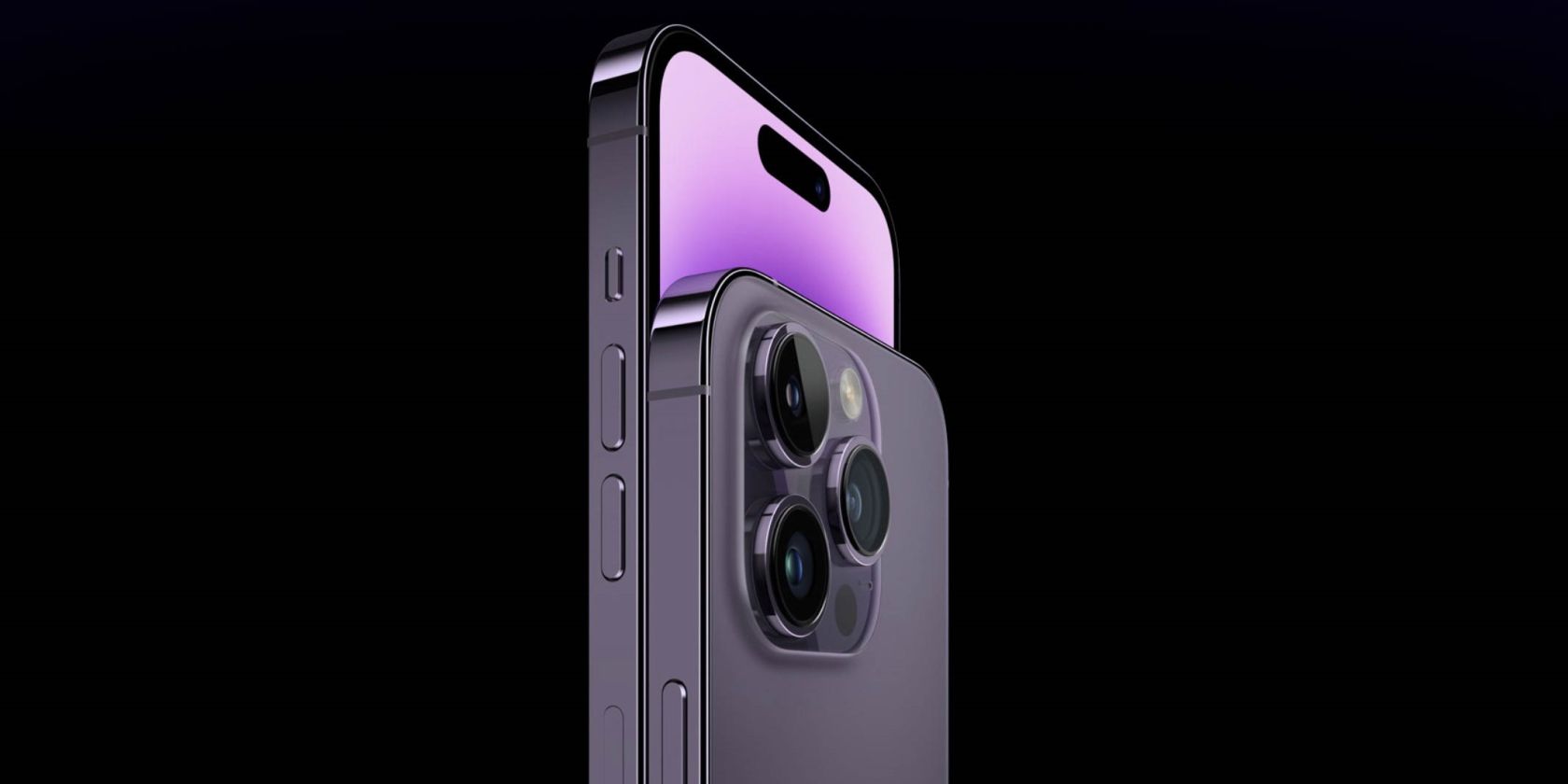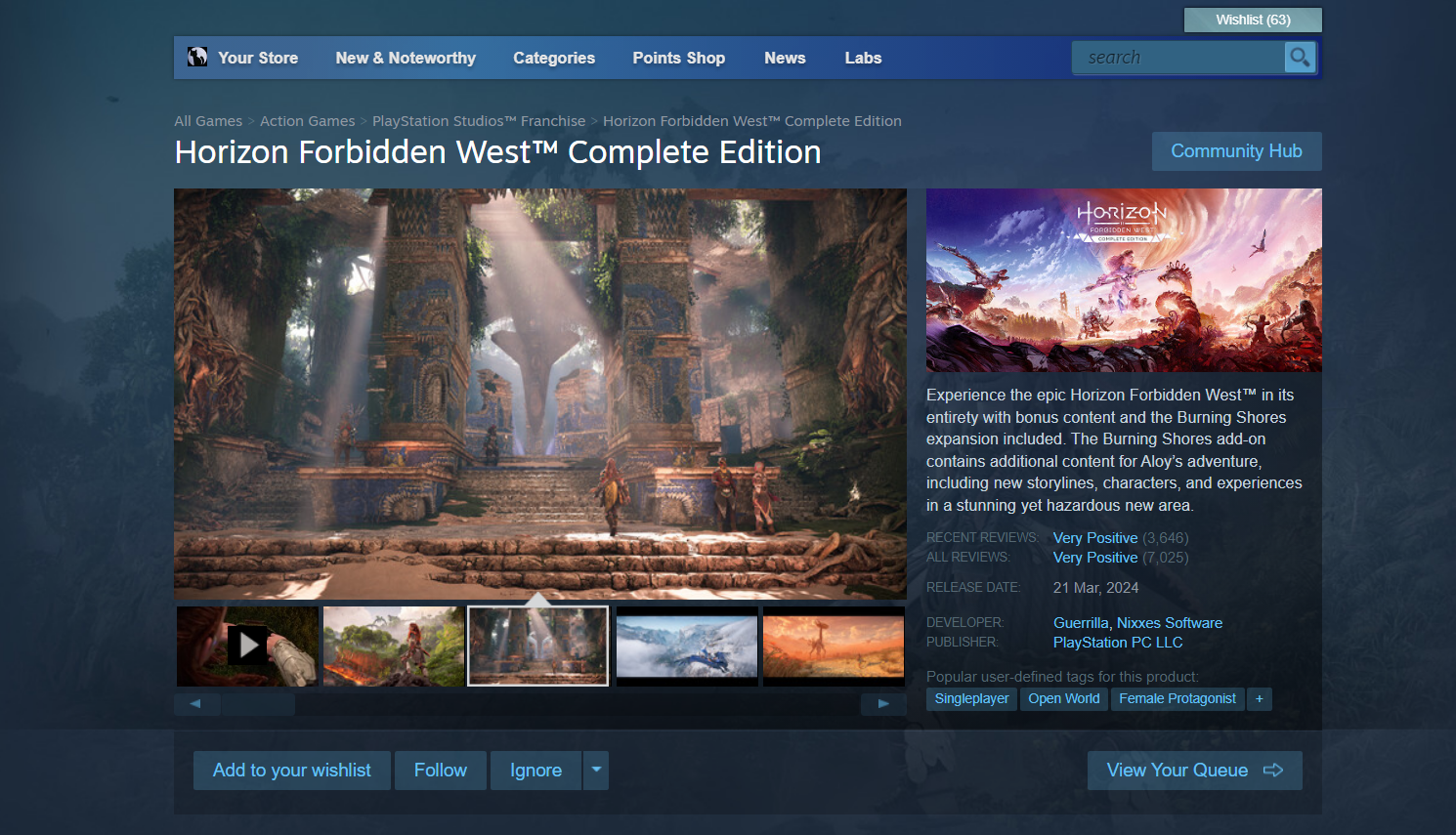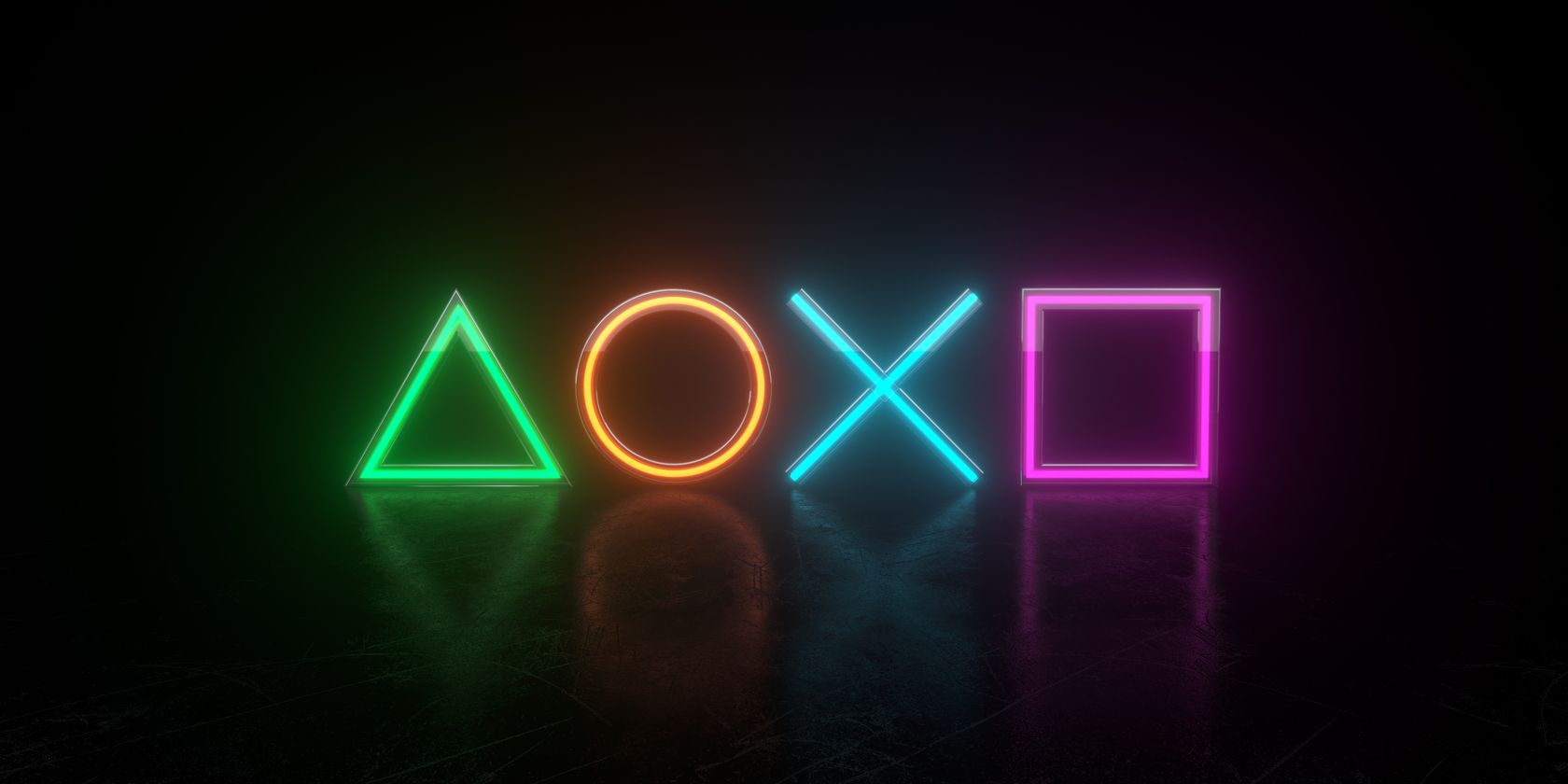
One World, One Game - No More Exclusivity

One World, One Game - No More Exclusivity
Quick Links
- A Brief History of Platform Exclusivity
- How Platform Exclusives Are Coming to an End
- Why Platform Exclusives Are Going Away
- Why I’m Glad Platform Exclusives Are No More
Key Takeaways
- Platform-exclusive games are on the decline, with Microsoft’s move to make some Xbox exclusives available on other platforms the opening salvo.
- The gaming industry is slowly shifting towards platform agnosticism, focusing more on the games themselves rather than hardware exclusivity.
- Opening formerly exclusive titles up to other platforms could bring in more revenue compared to limiting them to one console, benefiting both companies and consumers.
The end of platform-exclusive games is nigh, and we’re here for it. While some key IPs are likely to be kept on one console (and/or PC), many will be available to play on whatever platform you choose. And that has to be a good thing. Here’s why…
A Brief History of Platform Exclusivity
For decades, platform exclusives have played a big part in the story of video games. And they have had a hand in deciding which console won each generation.
Console exclusives started in the 1980s, with Atari securing exclusive home console rights to popular arcade games such as Space Invaders and Pac-Man. At this point, the idea was to persuade regular arcade-goers to buy a home console in order to play their favorite titles from the comfort of their sofa and without having to feed a machine with endless quarters. Ironically, you can now buyarcade machines designed for your home .

Giuseppe Cammino/Shutterstock
In the late 80s and early 90s, this platform exclusivity formed around two now-iconic characters: Sonic and Mario. Nintendo and Mario were well-established, but then Sega and Sonic entered the scene. And if you wanted to play the Sonic games, you needed to own a Sega system. And millions duly bought Sega’s consoles as a result.
Once we entered the PlayStation/Xbox era, platform exclusivity became an even bigger part of the story. Both Sony and Microsoft created original IP designed to shift units, as well as paying third-party developers and publishers large amounts of money to secure timed exclusives. And that battle of the exclusives (of all kinds) has persisted ever since.
How Platform Exclusives Are Coming to an End
Thankfully, things are starting to change. In February 2024, in a post onXbox Wire , Microsoft announced that four Xbox exclusives would also be coming to PS5 and Switch, with more titles to follow. The games currently confirmed to be coming to other platforms are Hi-Fi Rush, Pentiment, Sea of Thieves, and Grounded.
The industry is clearly changing, and Microsoft’s gaming executives are adapting. On an episode ofthe official Xbox Podcast , Microsoft Gaming CEO Phil Spencer said, “I do have a fundamental belief that over the next five or ten years exclusive games, games that are exclusive to one piece of hardware, are going to be a smaller and smaller part of the game industry”.
Spencer also made the reason for this change clear, saying, “We’re focused on these four games and learning from the experience […] really want to respond to what customers want and what our players and creators are looking for”.
Furthermore, he clearly stated that the era when platform exclusivity was the key to shifting units is behind us, saying, “People think that one exclusive game kind of kicks off the sales of a platform, but the industry just doesn’t really work that way today”.
It isn’t just Microsoft and Xbox either. As a whole, the industry seems to be moving away from platform exclusives, entering an era of platform agnosticism. Essentially, the hardware you use to play games is becoming a secondary concern over the games themselves.
After focusing hard on securing and producing exclusives in the PS4 era, Sony’s lineup of games exclusive to the PS5 has so far been a little lacking. Sure, the COVID-19 pandemic hit game development hard, pushing release dates back by years, but the overall picture is still one of Sony putting less stock in exclusives.
The same is true for Nintendo, which has released games featuring some of its biggest characters (Mario, Pokemon) on smartphones. The company hasn’t yet released a Mario game on a rival console, but that doesn’t mean it never will.
Why Platform Exclusives Are Going Away

So, why are platform exclusives coming to an end? The obvious answer is that they’re no longer the best option available to the companies responsible. The benefits of opening titles up to everyone, regardless of platform, massively outweigh the benefits of keeping titles exclusive to one console. As outlined above, Phil Spencer, someone who should know, said as much.
For Microsoft, the logic is clear to see. Inthe battle between PS5 and Xbox Series X , the PS5 is winning. The Switch has also outsold the Xbox Series X|S to date, with no hint of that changing. So, not only have Microsoft’s exclusives not shifted units, the company is losing out on potential revenue by not selling software to as many people as possible.
Under those circumstances, it makes more sense from a business point of view to launch games on as many platforms as possible and make money from those sales. Especially when games hardware is usually sold at a loss.
Mobile gaming is also playing a part, with more and more people looking to play games on their smartphones. As is the popularity of Steam and PC gaming. Again, those factors make it less attractive to lock down games to one specific platform and artificially limit the potential audience.
The biggest element driving this change is Xbox Game Pass and the other gaming subscription services that include cloud-based gaming. These essentially mean that you don’t need to own a games console anymore.
This is especially true for Microsoft, as Game Pass Ultimate includesXbox Cloud Gaming . While currently in beta, this lets subscribers play Xbox games on a range of devices beyond Xbox consoles. This includes phones, tablets, PCs, smart TVs, and VR headsets.
Why I’m Glad Platform Exclusives Are No More
While gamers have all gotten used to platform exclusivity as a kind of default, that doesn’t mean all of us were happy about it. I have owned at least one console in each generation, but couldn’t afford to buy the other consoles released in that generation. And that meant missing out on certain games that were only available on specific platforms.

mkfilm/Shutterstock
This led me personally to choose PlayStation over Xbox, as Sony’s exclusives always suited my tastes better. But had Microsoft’s original IP also been available to play on PlayStation, the company would have made money out of me buying Halo, Gears of War, Forza, and others.
The practice of making some games exclusive to one platform is anti-consumer, as it forces gamers to buy multiple consoles to play specific games. And while I can see why it has been standard practice for decades as manufacturers sought to make sure their platform was the essential one, it’s about time we opened gaming up to be more inclusive. And this could start by switching to platform agnosticism.
Also read:
- [New] In 2024, How to Quickly Modify Your Voice for Gameplay Advantage
- [Updated] Conquer the Shadows 5 Ways to Fix Black Screen with OBS for 2024
- [Updated] The Archivist’s Arsenal Pivotal 80S VHS Tricks for Editors
- 2024 Approved Pioneering VR Cycling Choose Wisely
- Efficient Methods for Creating MP3 Files on Your Computer
- Exploring Thermal Efficiency in High-End Gaming Systems
- Game On, Score Up: Critical Sites to Improve Gamerscore
- Xbox Series X Controller Keeps Disconnecting? How to Fix It
- Xbox's Authority Over Third-Party Controllers: A Player's Guide to the Law
- Title: One World, One Game - No More Exclusivity
- Author: William
- Created at : 2025-01-05 03:55:00
- Updated at : 2025-01-10 23:18:56
- Link: https://games-able.techidaily.com/one-world-one-game-no-more-exclusivity/
- License: This work is licensed under CC BY-NC-SA 4.0.